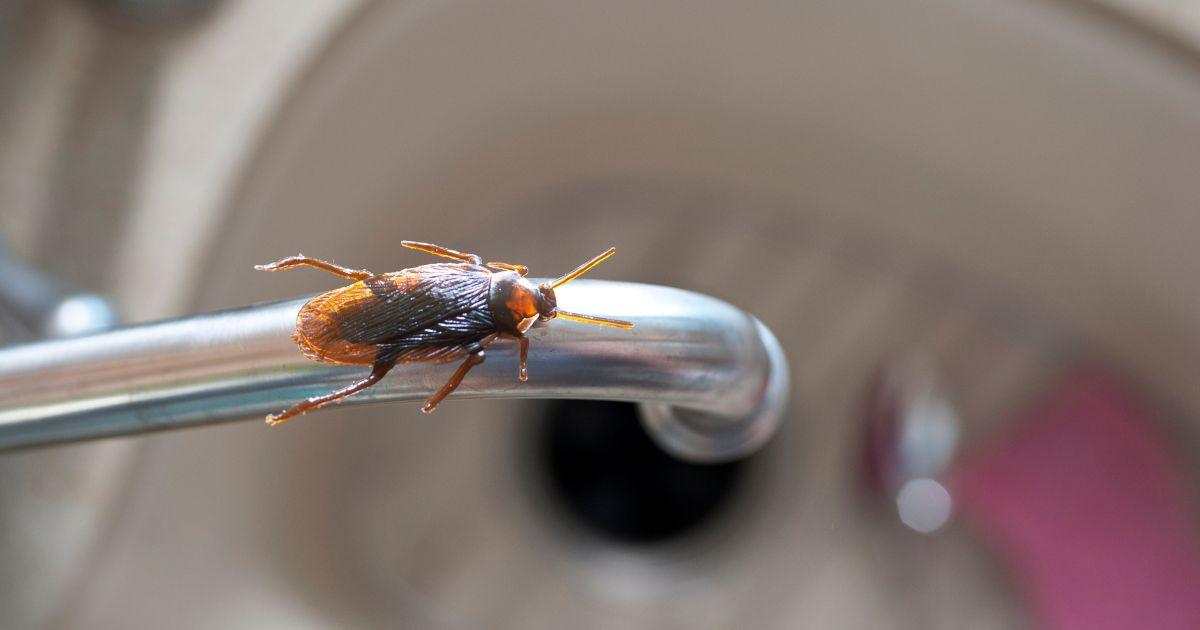Household pests pose significant risks that extend beyond mere discomfort. They can damage property, contaminate food, and even pose health hazards to the residents. Understanding the dangers of pests can help in taking proactive measures to protect home and family from their harmful effects.
Common pests like rodents, cockroaches, and termites are not just nuisances; they can carry diseases and create unsafe living conditions. For example, rodents can transmit pathogens through their droppings and urine, while termites can silently destroy wooden structures, leading to costly repairs. Recognizing these threats is crucial for maintaining a safe and healthy home environment.
Effective pest management is essential for every household. Identifying pest problems early and taking appropriate preventive actions can save time, money, and stress. Awareness of pests’ dangers underscores the importance of vigilance in home maintenance.
Health Risks Posed by Household Pests
Household pests present significant health risks through various channels, impacting both physical well-being and overall quality of life. Recognizing these dangers is essential for homeowners seeking to maintain a safe living environment.
Airborne Diseases and Allergens
Many household pests, such as cockroaches and rodents, contribute to the spread of airborne diseases and allergens. Cockroach droppings, saliva, and body parts can become airborne and may trigger asthma and allergic reactions. Rodent urine and droppings are also risky, as they can carry pathogens that lead to hantavirus or leptospirosis, particularly when disturbed.
Dust mites are another common allergen exacerbated by pest infestations. They thrive in moist and warm areas, often leading to allergic rhinitis and respiratory issues. Regular cleaning and pest control can significantly reduce exposure to these allergens.
Direct Transmission of Illnesses
Pests like mosquitoes, ticks, and fleas are vectors for various diseases. Mosquitoes can transmit serious illnesses like West Nile Virus, Zika Virus, and dengue fever through bites. Tick bites can lead to Lyme disease and other tick-borne illnesses, posing a serious health threat.
In addition, fleas can transmit murine typhus and cause secondary infections through scratching. Integrated pest management strategies that focus on eliminating breeding grounds are crucial to preventing the spread of these diseases.
Long-Term Health Consequences
Chronic exposure to pests and their residues may lead to long-term health issues. Enduring cockroach infestations can contribute to persistent respiratory problems, especially in children. Furthermore, prolonged contact with rodent droppings increases the risk of severe respiratory infections and diseases.
Long-term exposure to pest-related allergens can worsen asthma symptoms and may trigger other chronic respiratory diseases. Timely eradication and preventive measures are vital for safeguarding future health and reducing ongoing risks associated with household pests.
Impact of Pests on Your Home
Household pests can lead to significant damage and risk within a home. From structural issues to compromised safety, their presence raises several concerns for homeowners.
Structural Damage from Infestations
Pests like termites and carpenter ants can cause severe structural damage. Termites feed on wood, slowly weakening the integrity of beams, floors, and walls. A few signs of termite damage include:
- Hollow-sounding wood
- Discarded wings
- Frass (wooden pellets)
Carpenter ants also excavate wood but do not consume it. Instead, they create tunnels, compromising support structures. Regular inspections can help identify infestations early to prevent extensive damage.
Electrical and Fire Risks
Pests can also pose significant electrical hazards. Rodents, particularly gnaw on wires, increase the risk of electrical fires. Damaged wires can lead to short circuits, creating dangerous situations. Homeowners should be aware of the signs of rodent activity, such as:
- Chewed insulation
- Droppings near electrical panels
- Unexplained outages
Taking proactive measures like sealing entry points can significantly reduce these risks.
Compromised Food Safety
Pests endanger food safety in various ways. Rodents and insects contaminate food supplies with droppings, urine, and pathogens. Foods exposed to pests may become unsanitary, leading to health issues. Key points to monitor include:
- Seal all food in airtight containers
- Clean spills promptly
- Promote regular sanitation
Awareness of these risks helps ensure that food remains safe for consumption. Taking action against pests can protect both health and property.
You may also read about: great mothers day gifts
Navigating Pest Control Solutions
Effective pest control requires a strategic approach, balancing professional help and DIY methods. Understanding the risks associated with household pests is essential for maintaining a safe living environment.
Professional Pest Management
Employing professional pest management services is often the most effective solution for significant infestations. These experts possess specialized knowledge and tools to accurately identify pest types and breeding grounds.
Benefits of Professional Services:
- Comprehensive inspection and assessment
- Use of targeted pesticides that are safe for humans and pets
- Long-term management plans to prevent future infestations
Issues related to pests indoors can lead to health risks, including allergies and respiratory problems. Professionals can mitigate these risks efficiently, ensuring homes remain safe and pest-free.
DIY Measures and Preventive Strategies
Homeowners can take proactive steps to manage pests using DIY measures. Simple actions can reduce the risk of infestations.
DIY Strategies:
- Seal entry points: Inspect windows, doors, and foundation cracks. Use caulk to close gaps.
- Maintain cleanliness: Regularly clean surfaces and store food in airtight containers.
- Natural repellents: Utilize essential oils like peppermint or vinegar sprays to deter common pests.
While DIY solutions can work for minor problems, persistent issues require professional intervention to eliminate health risks associated with indoor pests.
Consider contacting Critter Stop for thorough inspections and effective pest control. They are known for high-quality work and excellent customer service addressing wildlife issues. You can reach Critter Stop at (214) 234-2616 for a free inspection to discuss your pest control needs.




